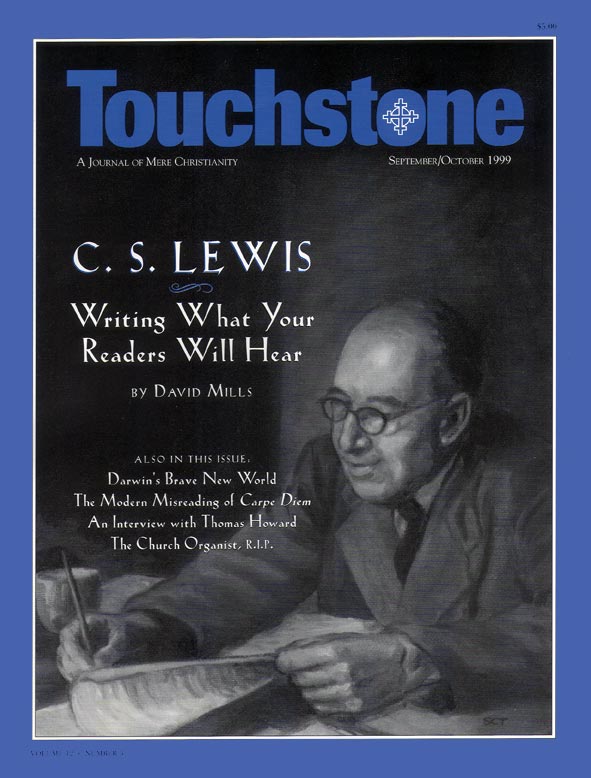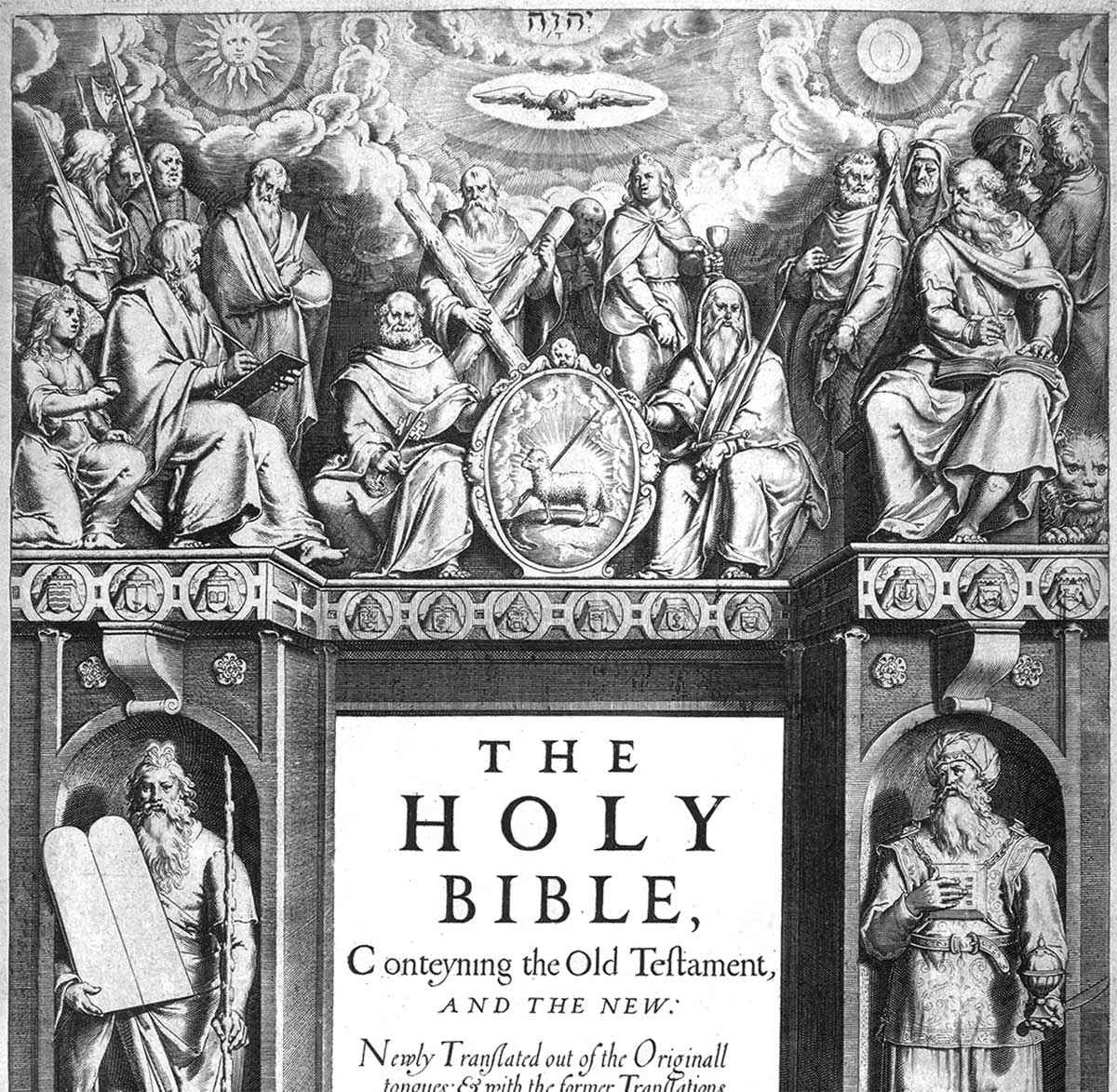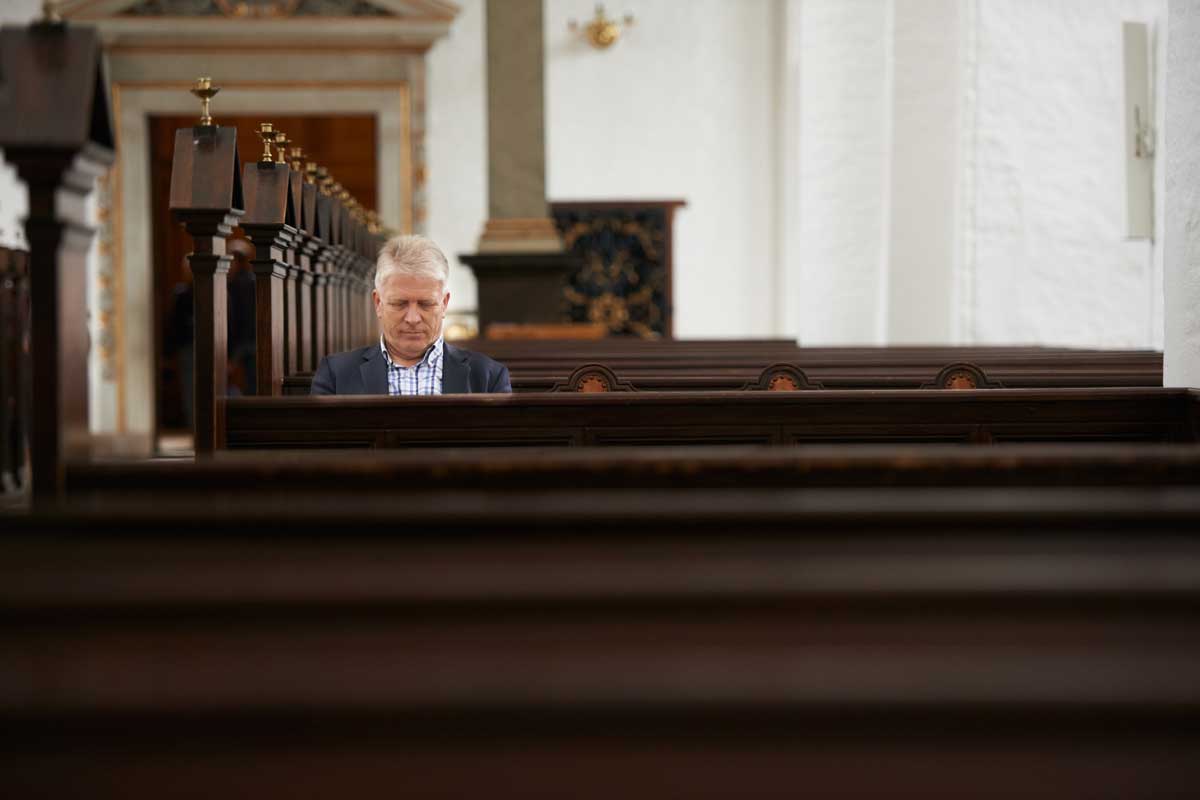Resurrecting Doctrine
The Thirty-Nine Articles: Buried Alive?
by Samuel C. Pascoe
Solon, Ohio: Latimer Press, 1998
(160 pages; $13.00, paper)
reviewed by Samuel L. Edwards
It is virtually axiomatic that the mainline churches are revisionist and relativist. Indeed, so thoroughly have these characteristics penetrated the interior culture of these institutions that it seems almost a redundancy to speak of “liberal mainline denominations.” One of the most salient characteristics of this religious/cultural temper is that it is at odds with all fixed points of reference outside itself. The idea that there is, or even could be, an objective revelation of eternal truth is anathematic to it; indeed, it is almost the only thing that is anathematic to it. That being so, it is not surprising that such a temper will look upon any definitive creedal and confessional expositions of such revelation with emotions ranging from dismissive amusement to outright hostility.
Among modern Anglicans, it is probable that at least a couple of distinct classes, not normally allied, find the contemporary resurgence of interest in the Articles of Religion among some of their co-religionists to be a source of some puzzlement, if not irritation. Revisionists see the Articles (as they see all objective expressions of faith) as ecclesiastical analogs to “the Blob” of 1950s B-movie fame: They are surprised and a bit horrified that the attempt to freeze them out of the life of the Episcopal Church has not succeeded as thoroughly as had been thought and that in the unexpected warmth of serious attention they again are stirring in a rather menacing fashion. Liturgical enthusiasts (typically masquerading as Anglo-Catholics but lacking most of the dogmatic commitments that characterize genuine members of the species) are similarly perturbed that these embarrassing relics of a period they would like forgotten (namely, the Reformation) seem still to commend themselves as something more than museum pieces.
Their irritation is understandable: Both sorts, for somewhat different reasons, were delighted to have the Articles sequestered in the “Historical Documents” section of the Book of Common Prayer of 1979. It seemed to them a harmless way of exhibiting some outward and visible respect toward venerable (if irrelevant) confessional documents—one that did not require that they be taken as having any serious contemporary relevance. At the same time, it was a course of action that could capitalize both on the “that was then—this is now” attitude of popular American culture concerning history and on that same culture’s unwillingness to read anything in small print. The Articles were thus safely confined between the covers but nonetheless were clearly outside the camp.
However, if the Articles can still draw serious attention, after all the trouble has been taken to make them inaccessible, what might be next? Is there not a risk that people might begin to take the relevance of some of the Articles’ fellow inmates in the “Historical Documents” section seriously, too? If so, the days of a regime that seeks to reduce church unity to the feel-good concelebration of High Mass a la Hegel and Carl Rogers might be numbered. In such a case, what would happen to the faux-Evangelical slogan that “doctrine divides, but love unites” and to the faux-Catholic claim that “we are not a confessional Church, but a creedal Church”? Might there not be a clear and present danger that genuine thought might resume the rightful place that was long ago usurped by sloganeering? People might begin to get the idea that what they’ve been given for so long isn’t really granola but gravel.
Samuel C. Pascoe, the Rector of Grace Church in Orange Park, Florida, has written a book that bids fair to take the renewal in appreciation of the Articles into the place where it can do the most good: the pews of Anglican churches. It is engagingly written, rich in substance but not forbidding either in length or in vocabulary. In addition, almost every chapter has appended to it a set four or five questions that will elicit thorough and lively discussion in any group that chooses to use them.
After a description of the present state of theological thought in the Episcopal Church that for all its brevity is both thorough and accurate, the author gives his readers a history of the Articles. (The only noteworthy factual error in the book occurs in this section, where the Chancellor of King Henry VIII who was responsible for the hunt for and execution of William Tyndale in 1536 is mistakenly identified as Thomas More; the culprit was actually the loathsome Thomas Cromwell, More having been in his grave for two years by this time.) In this section, Pascoe presents a particularly compelling account of Thomas Cranmer’s governing concern that the liturgical life of the Church in England first be informed by sound doctrine, after which it could be relied upon to transmit it. In the process of exploding the contemporary Episcopalian misunderstanding of the principle lex orandi, lex credendi, Pascoe cites J. I. Packer’s trenchant observation that “the idea that the essence of Anglicanism is the Prayer Book, without the Articles, is a new idea, not rooted in the facts of history at all, but developed in recent years in order that the group of churches which sends its bishops to Lambeth might with good conscience call itself a Communion.”
Pascoe continues with the observation that this phenomenon helps to explain why the 1928 Book of Common Prayer has been so widely proscribed: “It is anathematized because, when liturgy replaces verity as the highest value, liturgical conformity must necessarily take the place of doctrinal conformity.” When this is the case, what has happened is that an institution (the liturgy) which of its nature is intended to serve and mediate the truth is unnaturally made a substitute for and a definer of what the truth is.
After bringing the story of the Articles to America and up to the present-day reality of their burial in the “Historical Documents” section of the current Prayer Book (and the removal in 1988 of reference to them in the Constitution of the Episcopal Church), Pascoe turns to their theological significance, not only in their original and historical contexts but also in relation to five specific “forces” that are operative in the contemporary situation. These are secularism, spiritual renewal, episcopal dysfunction, sectarianism, and pluralism. The Articles, contends the author, are relevant to the challenges and opportunities of the present day because the same five challenges were in operation both at the time of their origination in the sixteenth century and at the time of their adoption and establishment by the Episcopal Church in 1801. Having made that contention, he goes on to demonstrate how re-appropriating the Articles would help address each of the five challenges in their contemporary guise.
The longest of the book’s chapters is an article-by-article commentary. On the whole, the established good quality and conversational style continues, but it will not be surprising if some readers will argue with the author more over some of his conclusions here than in other sections of the book. There must be some subsection of Murphy’s Law that states that nothing is so generative of controversy as articles of religion designed to settle controversy. It is the nature of any commentary on such material to elicit disagreements. This one is no exception, but what was most remarkable to me was how little I (as a Tractarian High Churchman) found to disagree with or to criticize in this effort by an Evangelical colleague.
The criticisms are mostly small: I did not think the presentation on Article XXII (Of Purgatory) was as fair or accurate as it could have been with a little more space devoted to the topic, particularly in its critique of John Henry Newman’s treatment of it in Tract XC. I found the latter part of the treatment of Article XXV (Of the Sacraments) to be unsatisfactory in its presentation of the notion of efficacy. And I was a bit startled to find in the commentary on Article XXX (Of both Kinds) an apparently uncritical acceptance of the doctrine of eucharistic concomitance: The Anglo-Catholic commentator, E. J. Bicknell, cured me of attachment to that notion by pointing out in his classic treatise on the Articles that it is a “precarious theological speculation” with little or no support in Scripture. I think it was at this point I realized that some of the more questionable theology of the 1979 Prayer Book (of which this is one example) has not been without unconscious influence on even the best of us who have grown up under its regime.
All these are heavily outweighed by the commentary on the other Articles. The treatment of Article XVII (Of Predestination and Election) is particularly good and contains a positive and useful evaluation of John Calvin’s contribution to Anglican theology, as well as making a much needed distinction between Calvin’s thought and the variegated lot of theologies that shelter under the tent of Calvinism.
Pascoe concludes his book with a quartet of “modest proposals” concerning the Articles of Religion: He suggests that they be restored to their former place in Article X of the ECUSA Constitution, that in the next edition of the American Prayer Book they be liberated from the “Historical Documents” section and put into the Catechism, that the next General Convention pass a resolution to give them a doctrinal “primacy of honor,” and that “a committee composed of representatives from each Episcopal seminary and Bishops from each province” be established to revise the Articles in time for the 200th anniversary of their establishment in the United States in 1801.
The paragraph in which these are proposed is perhaps the only one in the book that could be described as an exercise in futility: Any sober observer of the ECUSA scene has to realize that there is no chance that the first three suggestions will be implemented; in fact, they probably wouldn’t even reach the floor of the General Convention. As to the fourth proposal, even were it likely to be done, it shouldn’t be attempted given the overwhelming dominance of revisionism in the two groups recommended to compose the committee: There is no telling what monstrosity would emerge from it.
If there is to be a renewal of traditional faith within the existing mainline denominations, it will not come either from the existing seminary faculties or from denominational governing bodies as presently populated. It will have to begin on the parochial level and be nurtured within what initially will be an underground of orthodox students in the official seminaries. Given the current revisionist and corporatist domination of the education and selection processes for ordained ministry, the prospects for the success of such an effort in the current institutions seem dim at best. It seems far more likely that such a renewal will take place as a result of the replacement of the existing autophagic and necrotic mainline institutions by new and vigorous ecclesial structures (including new institutions of theological learning) that, knowing and not being ashamed of their heritage, are in no fear for their future.
The Thirty-Nine Articles: Buried Alive? is a worthy effort that has great promise for the extension and popularization of the revival of interest in these charter documents of Anglican Christianity. Samuel Pascoe is to be highly commended for his work: May his tribe increase!
Samuel L. Edwards (d. 2005), a former associate editor of Touchstone, was a priest of the Anglican Church in America and rector of St. Andrew?s Church in Savannah, Georgia. He also was the co-author, with Peter Toon, of Neither Archaic Nor Obsolete: The Language of Common Prayer & Public Worship (Brynmill Press, Ltd., 2003).
subscription options
Order
Print/Online Subscription

Get six issues (one year) of Touchstone PLUS full online access including pdf downloads for only $39.95. That's only $3.34 per month!
Order
Online Only
Subscription

Get a one-year full-access subscription to the Touchstone online archives for only $19.95. That's only $1.66 per month!
bulk subscriptions
Order Touchstone subscriptions in bulk and save $10 per sub! Each subscription includes 6 issues of Touchstone plus full online access to touchstonemag.com—including archives, videos, and pdf downloads of recent issues for only $29.95 each! Great for churches or study groups.
Transactions will be processed on a secure server.
more from the online archives
calling all readers
Please Donate
"There are magazines worth reading but few worth saving . . . Touchstone is just such a magazine."
—Alice von Hildebrand
"Here we do not concede one square millimeter of territory to falsehood, folly, contemporary sentimentality, or fashion. We speak the truth, and let God be our judge. . . . Touchstone is the one committedly Christian conservative journal."
—Anthony Esolen, Touchstone senior editor









